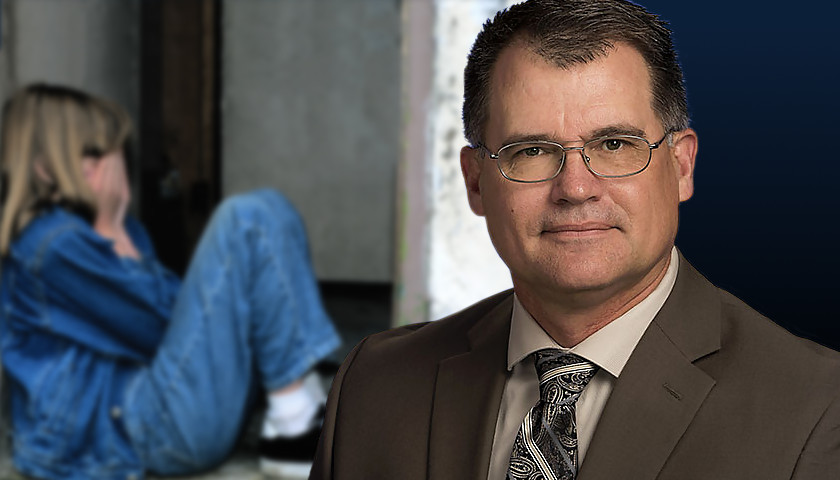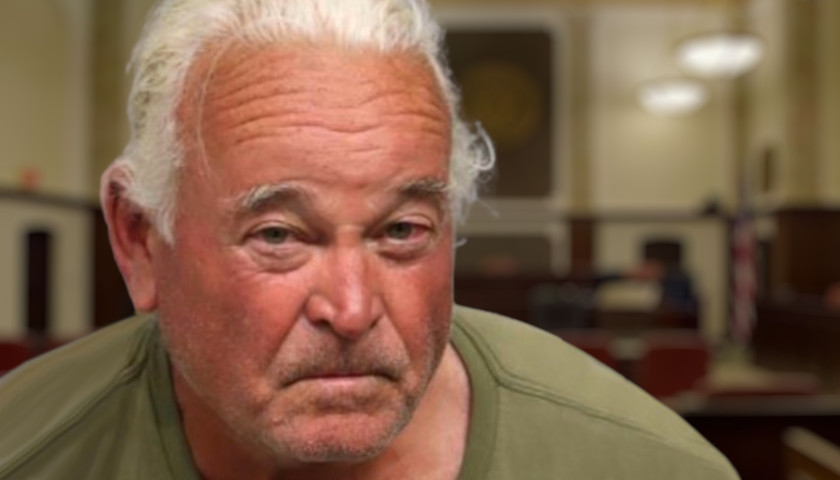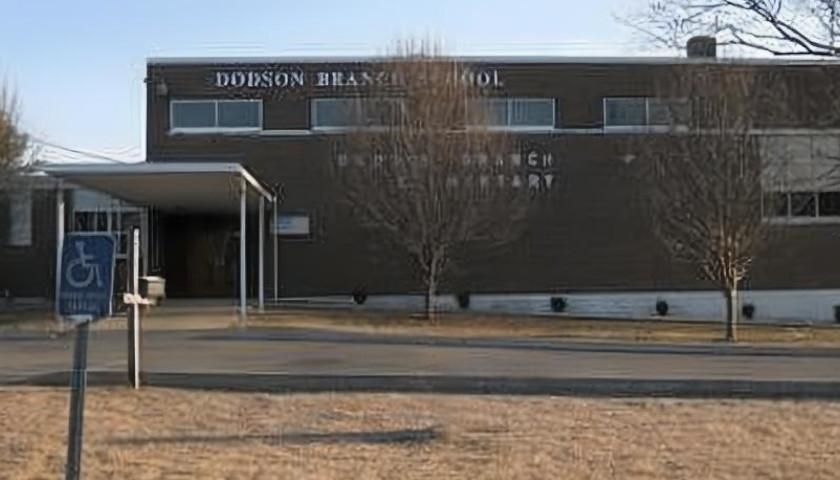by State Representative Jay Reedy (R-Erin)
Child sexual abuse is a difficult subject to discuss, however, it is time. One teacher organization, Professional Educators of Tennessee, spoke out on child sexual abuse after the disappearance of a 15-year-old student and her 50-year-old teacher. This issue is something that should concern all of us in the Tennessee General Assembly, in our communities and in our schools. The Comptroller’s Office of Research and Education Accountability has recently completed a review and analysis on this important topic with recommendations for the Tennessee State Board of Education and the Department of Education.
Most research indicates that child sexual abuse is almost always a continuing process, and not limited to a single event. Child abuse is best described when someone deliberately harms a minor physically, psychologically, sexually, or by acts of neglect. Child sexual abuse is a type of child abuse that involves sexual activity with a minor. It is important to note that a child cannot consent to any manner of sexual activity at all. The frequency of child sexual abuse is problematic to determine because it is often not reported. It is understood by most experts who agree that the prevalence is far greater than what is reported to our authorities. In early 2016, USA Today published the results of a national investigation. Only seven states received an A; Tennessee received an F. We must do better in our state.
The National Center for Victims of Crime released a few statistics on the Disclosure of Child Sexual Abuse:
- Of the children victimized in 2011, thirteen percent had at least one victimization known to police while 46% had one known to school, police, or medical authorities.
- 42% of school officials knew about victimization episodes compared to the 13% known to police and 2% known to medical professionals.
- Most commonly, authorities knew about more serious victimizations such as sexual assault by a known adult (69%) or unspecified adult (76%).
- The Office of Juvenile Justice and Delinquency Programs found that authorities were least likely to know about victimizations that peers were most likely to commit such as being flashed (17%), and completed and attempted rape (14%).
- In “Child and Youth Victimization Known to Police, School, and Medical Authorities,” school authorities were the officials most likely to know about past-year victimization events (42% of victims had a victimization known to school authorities).
- Unlike school officials, medical professionals were not aware of episodes of victimizations at a high rate. Only 7% were aware of sexual abuse by a known adult and 19% of sexual abuses by unknown adults.
- In fact, the recent study performed by OJJP found that, “School officials were more likely to know of sexual victimizations that occurred in school, were committed by an unidentified perpetrator, occurred to a child victim between 2 and 9 years old, or occurred to a child who lived with a stepparent or an unmarried partner of a parent.”
JC Bowman, executive director of Professional Educators of Tennessee, pointed out: “We should not be shocked when sex offenders seek employment in jobs where they have contact with children such as churches, schools, youth groups, hospitals, and social services. We have to do a better job of screening applicants in those fields.” That is a critical point.
He then added: “We have seen many false claims made by and against a teacher, and once an accusation is made it is nearly impossible to restore a teacher’s reputation. It is a difficult balancing act. There will never be a perfect system. However, we support keeping those who committed sexual misconduct out of our classrooms. ”
With legislative session now in process, we must get solid policy recommendations to address child sexual abuse concerns and address educator sexual misconduct. It is an issue we need to address and should be a high priority for our state and society. “If adults can’t recognize abusers, children are even less likely to realize that what’s happening is abuse and that it is doing damage of a kind they can’t see,” added Jennifer Fraser, an abuse survivor.
On behalf of my constituents I will continue to reach out to educators, law enforcement and those on the front lines of child abuse to seek their input. I will then bring that information back to my colleagues in the Tennessee General Assembly and hopefully it will spark needed policy discussions on this issue. State laws and district policies must clearly identify expectations and responsibilities in this area.
One of my goals as a member of the Tennessee General Assembly is to make sure children and educators in Tennessee, especially in Houston, Humphreys and Montgomery Counties have an advocate fighting for them. Please feel welcome to call, write, or visit the office that is here to represent you at (615) 741-7098 or at [email protected]
– – –
Representative Jay Reedy represents Houston, Humphreys and part of Montgomery County in House District 74 at the Tennessee General Assembly.





